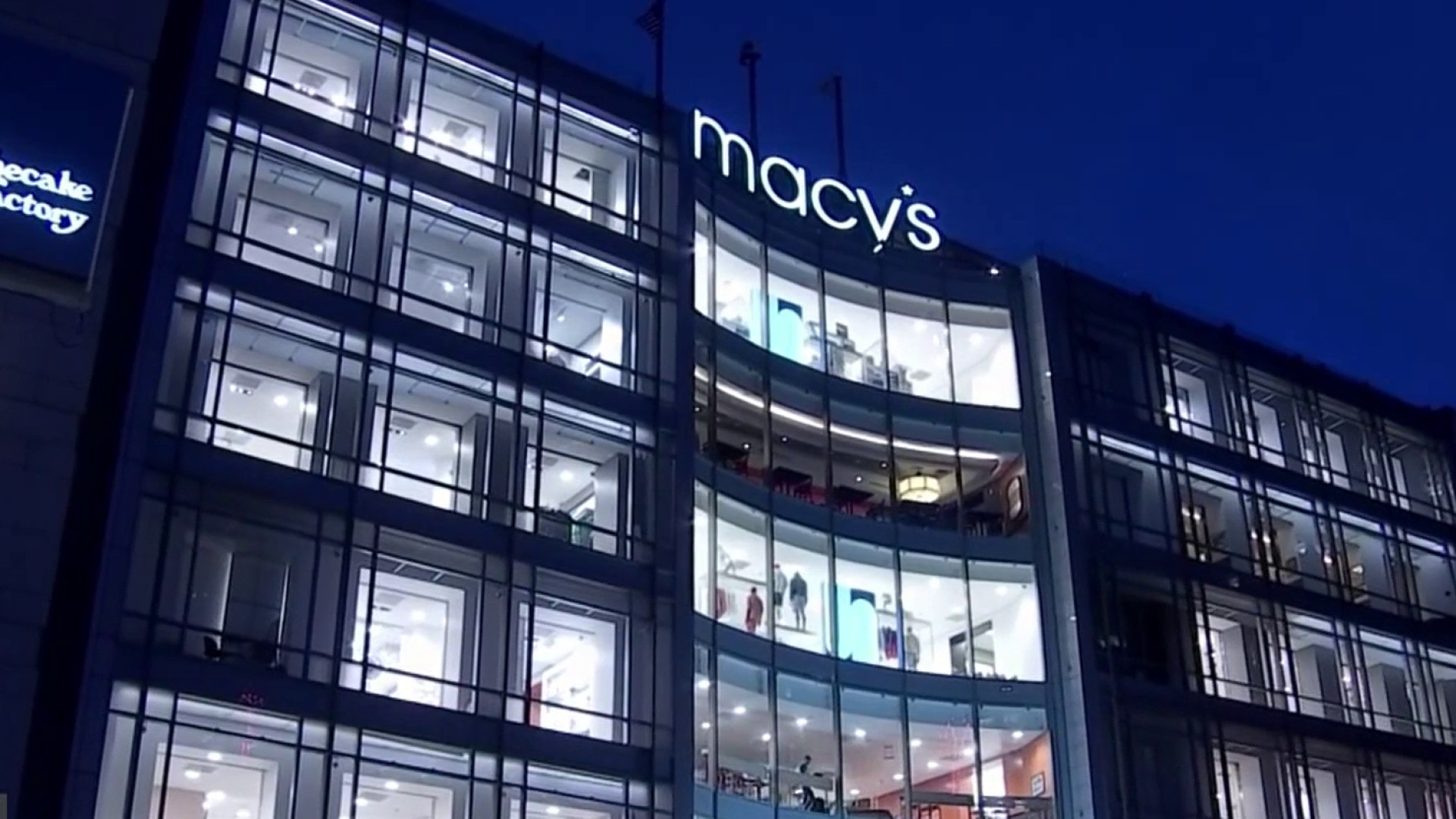UPDATE - OCTOBER 1, 2014: Gov. Jerry Brown signed SB 1249 into law at the end of September. The legislation requires the California Department of Toxic Substances Control to regulate shredded automobile and appliance waste, and rescinds special exemptions granted to the metal shredding industry decades ago. Read more about the new law here.
The multibillion dollar metal recycling industry may finally see some changes when it comes to the regulation of metal shredder waste—the byproduct of destroyed cars and recycled appliances. State senator Jerry Hill’s proposed legislation to rescind special privileges granted to the industry by the Department of Toxic Substances Control (DTSC) passed through the senate Environmental Quality Committee on Wednesday.
The introduction of Hill’s bill comes eight months after the NBC Bay Area Investigative Unit first exposed a long history of lax regulation of the shredder industry by the DTSC, and four months after two major fires broke out at a Bay Area shredding facility.
“It seemed the industry was conducting its business without any regulation or oversight,” Hill said. “I think it is necessary, and certainly you [the Investigative Unit] pointed out, that it’s an important and a neglected industry in terms of regulation.”
[[222421441, C]]
Hill’s proposed legislation would do what state regulators have failed to do: take away special exemptions given to the state’s seven largest metal shredders. In 1988, the DTSC exempted the facilities from hazardous waste laws because the department believed that if companies treated the waste with a protective coating, it would become nonhazardous and eligible for disposal in municipal landfills.
The Investigative Unit exposed that over the past decade, advocates and high-level scientists—even the DTSC’s legal department and former director—have said that treated metal shredder residue must be managed as hazardous waste due to the levels of cadmium, zinc, lead and PCBs that leach into the environment. Despite this information, the DTSC continues to study the effectiveness and safety of treated auto shredder waste.
Last year, two fires in November and December at Sims Metal Management’s facility in Redwood City sent plumes of black smoke into the sky for hours, triggering more questions about how effectively the shredder industry is regulated.
“They got away with not having those regulations,” Hill said. “It’s about time they have some.”
The DTSC has not taken a position on the legislation, and as of publication time, emails to the industry and Sims seeking comment have not been returned.
The legislation also proposes charging an annual fee to the shredding facilities to cover the costs of the new regulation. The bill now heads to the Senate Appropriations Committee in the coming weeks. The changes would take effect in 2017 if the bill is signed into law.



